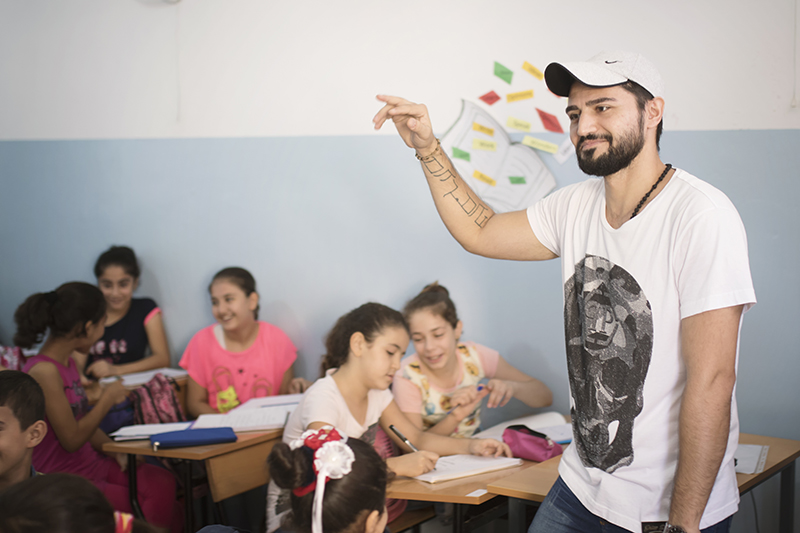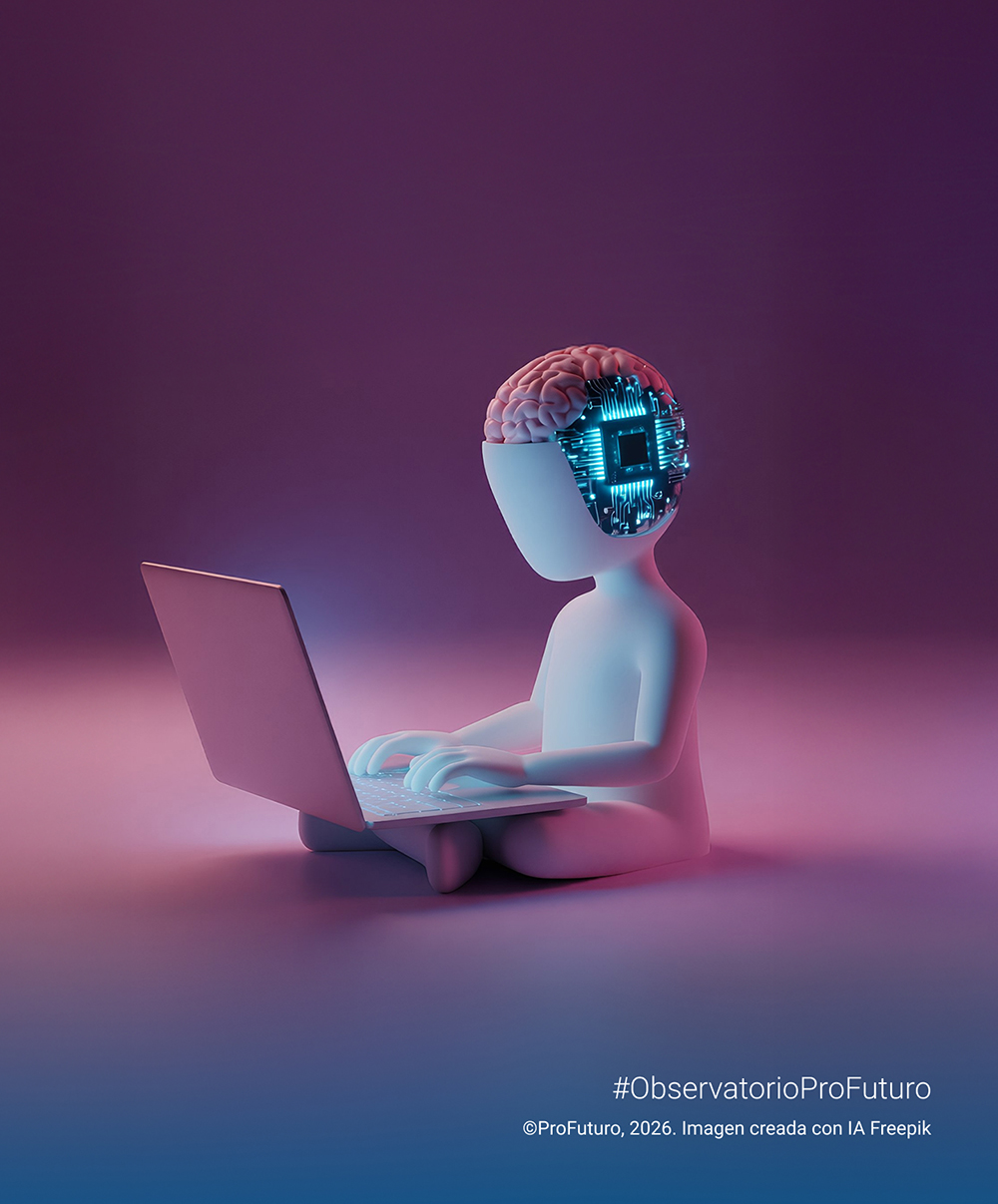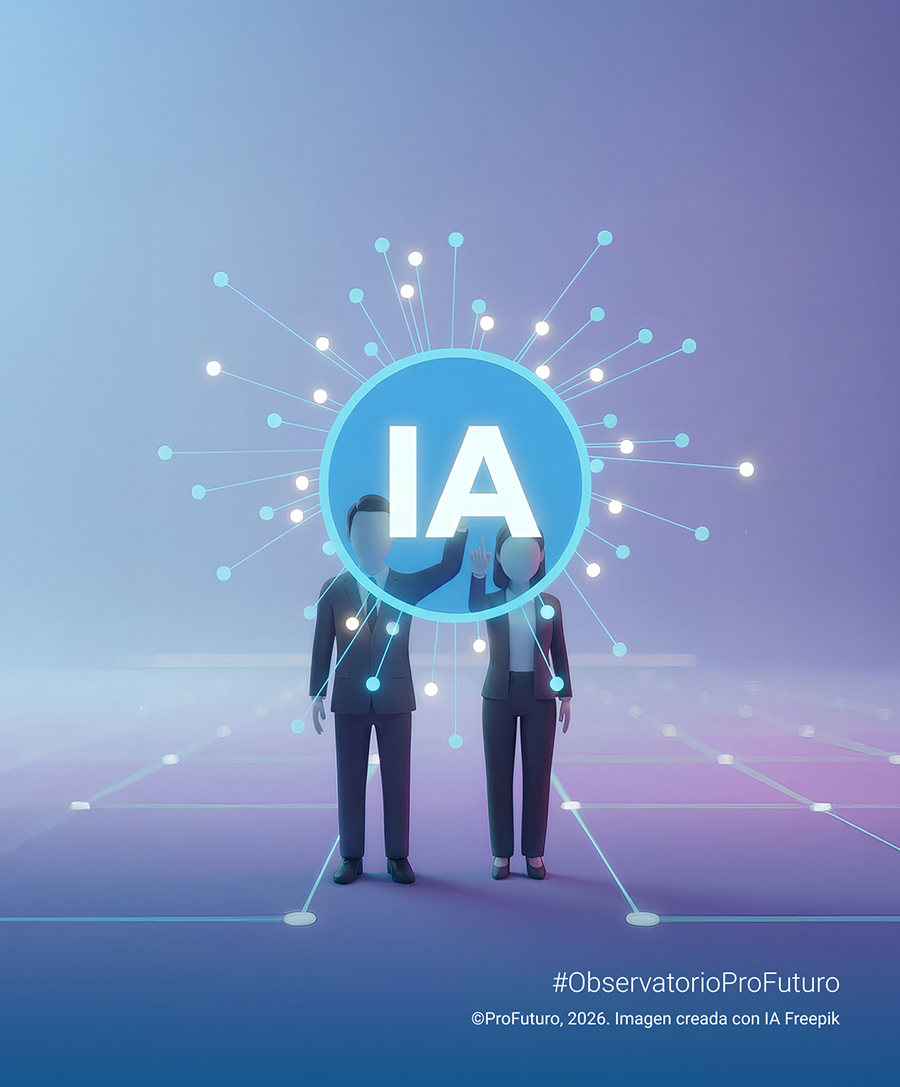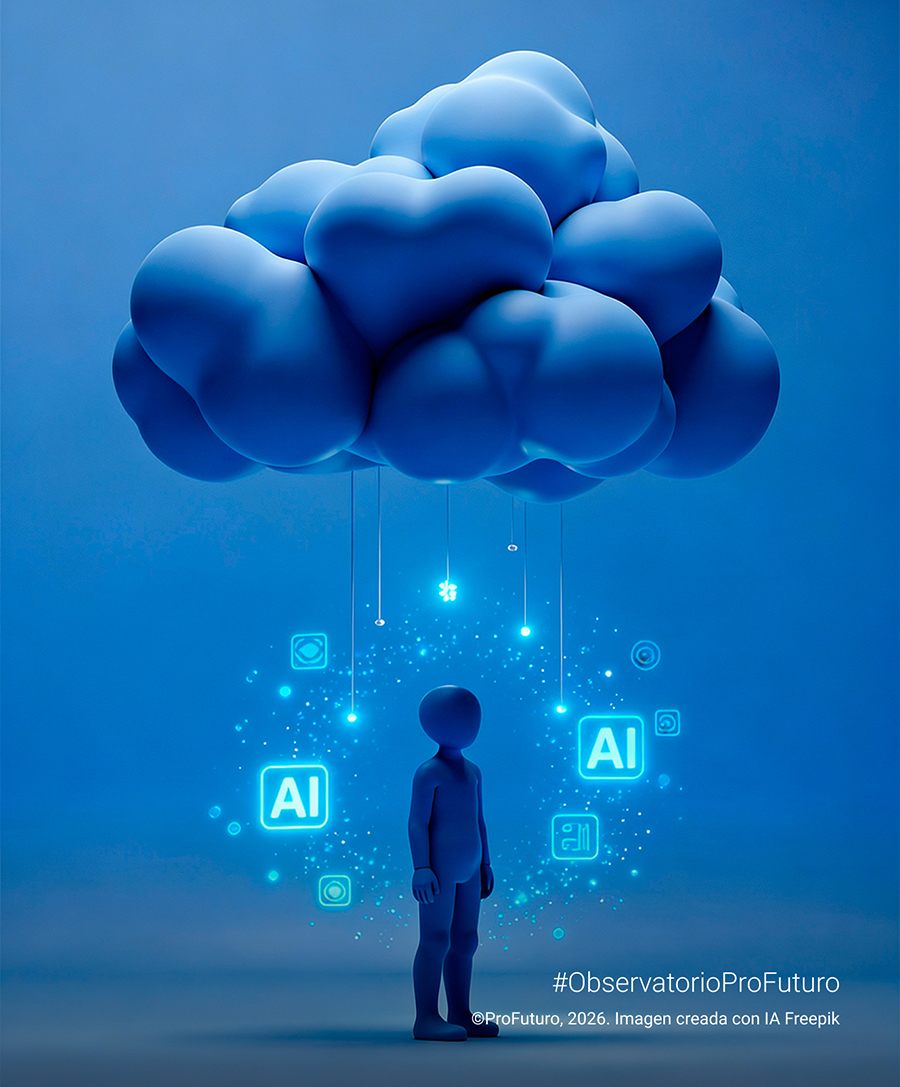*Cover photo courtesy of the American University of Beirut and Kayany Foundation.
By the end of 2021, according to UNHCR’s annual Global Trends Report, the number of people displaced by war, violence, persecution and human rights violations rose to 89.3 million. This is 8% more than the previous year and more than double the figure ten years ago.
Since then, the Russian invasion of Ukraine – which triggered one of the largest and fastest-growing forced displacement crises since World War II – and other emergencies, from the African continent to Afghanistan and other countries, have pushed the number to over 100 million people (UNHCR, 2022). According to 2021 figures, one in three was a child. Nearly 35 million refugee children live and learn in dire condition.
In 2001, the United Nations created World Refugee Day to honour refugees and displaced people around the world every June 20. The event seeks to claim the rights, needs and dreams of the refugee population. The ProFuturo Observatory has already spoken about how digital education can make a big difference in the lives of these children. Today, we would like to join the celebration on a positive note, highlighting some concrete initiatives that are improving the future of displaced children or living under refuge.
Teacher Training Initiatives
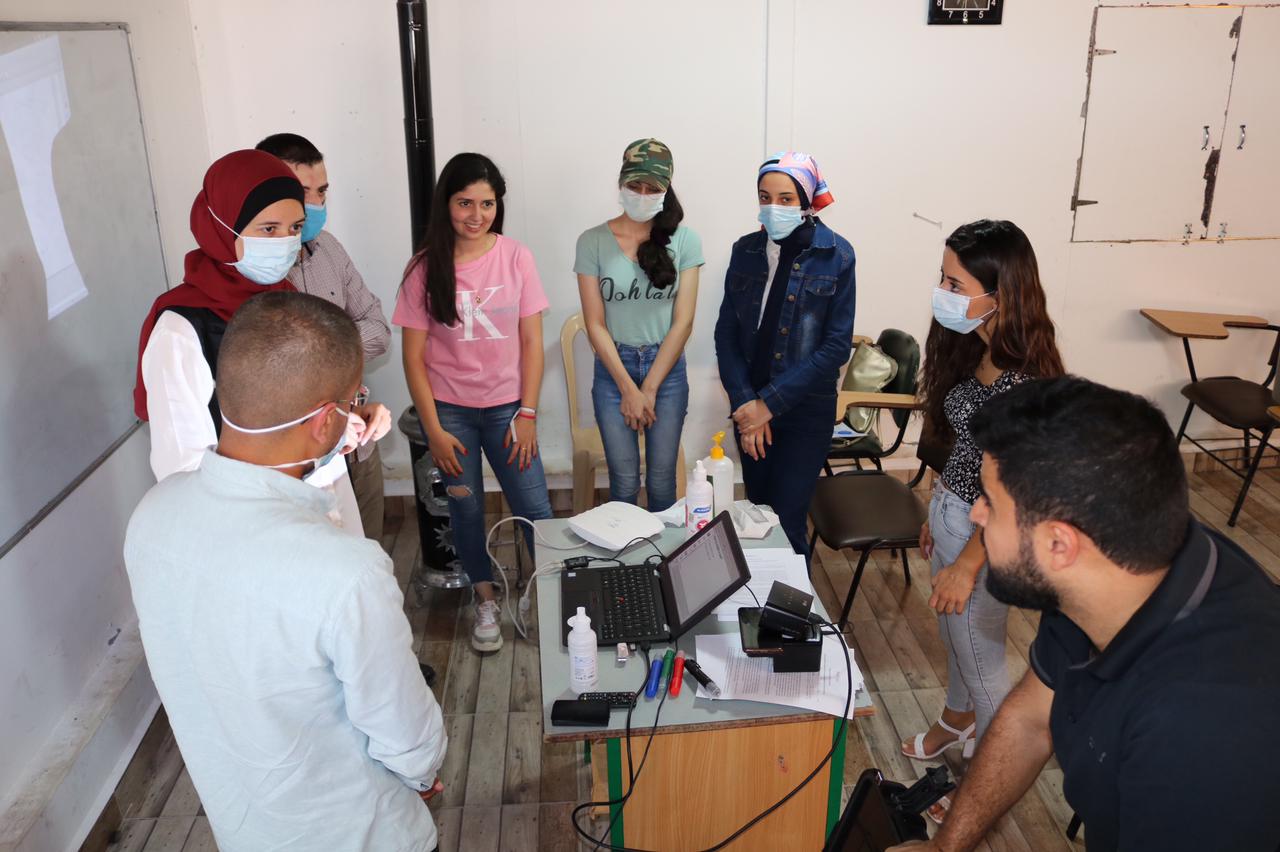
Beyond the educational needs of displaced children or under refuge, emphasis must also be placed on their teachers. Teachers need specific training and support. And this training must go beyond the acquisition of technical skills and knowledge. A total transformation is needed in their conception of what it means to teach and learn under extremely difficult conditions. Teachers’ views on the use of EdTech and its relevance to learning development, may be more important barriers than training, according to Save the Children. We would therefore like to highlight some initiatives specifically aimed at training those entrusted with the difficult task of teaching in these very difficult circumstances.
ProFuturo Foundation’s Refugee Model
In 2017, ProFuturo began adapting its Digital Education Programme to crisis situations, to favour these children’s access to quality digital education in camps, reinforcement schools, and informal settlements in urban or rural environments. The model has a holistic approach, based on standards offered by the Inter-Agency Network for Education in Emergencies (INEE), but also gives special attention to teacher training, one of the Foundation programmes’ pillars. In this sense, ProFuturo offers training, partnership and continuous support to teachers to promote technology integration in the classroom. This is important because it strengthens the capacity and confidence of teachers in using digital resources within the classroom and provides engaging learning opportunities for students.
Training package for primary school teachers in emergency situations (INEE)
This training package responds to a critical lack of open-source, competency-based teacher training material, providing coverage of the fundamental knowledge and skills needed by teachers in crisis contexts, where teacher training is often limited to ad hoc workshops. It provides basic content on the teacher’s role and welfare; child protection, welfare and inclusion; education; curriculum and planning; and subject knowledge.
Border-less higher education for refugees (BHER)
BHER offers certified university programmes to untrained local teachers working in refugee camps in southern Kenya. The project focuses on education for refugees in long-term exile in the town of Dadaab living for more than 15 years in a neglected region where learning resources and support are scarce. By developing capabilities of teachers and local refugee leaders, they can improve education and enact local solutions in camps and the community. Using a mixed learning formula, combining online and face-to-face instruction, through a series of lectures given by external teachers who arrive at Dadaab after their classes and during their school vacations.
Improving the lives of refugee children
Recalled Jacqueline Strecker, UNHCR’s education officer for connected education: “Digital education helps raise these children’s expectations, which they believe possible”. Fortunately, today there are many initiatives aimed at these particularly vulnerable groups. Here are some to be highlighted.
Thaki: Digital literacy for refugee children
Formed by a woman who once was a child refugee herself, Thaki is an initiative that provides digital educational tools and content to refugee children and young people to promote digital literacy and unlock their future potential. It is based on a very simple process that no one had applied before. They collect used computers, donated by companies that no longer need them, load them with high-quality, interactive and multilingual educational software and off-line available content, and give them directly to children refugees so that they can use them for their education, but also to students and university scholarship holders.
Thaki also provides these children learning support, through collaboration and assistance to teachers, offering digital tools’ kit with courses and resources in Arabic and English.
Antura and the Letters: Playing for peace in Syria
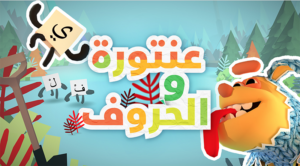
Antura is a little dog who helps Syrian children learn the alphabet and complete a basic literacy curriculum. Antura and the Letters is an educational game, created in collaboration with Cologne Game Lab, Wixel Studios, and Video Games Without Borders which has as its educational objective to teach the Arabic language, and as its psychosocial objective, to support the student’s well-being. The set contains six journey maps, corresponding to the six main stages of the Syrian primary school curriculum.
Educating for peace, a vital need
While education does not cause or end wars, education systems often contribute to creating conditions conducive to the outbreak of armed conflict and can also contribute to the creation of more peaceful, cohesive and resilient societies, thus preventing the return of violence. As said by UNESCO. That is why, in ProFuturo we think that education for peace and global citizenship is as important today as mathematics and reading and writing. Critical thinking, collaboration, teamwork… Because, today more than ever, we need peace committed citizens, Education for Sharing and ProFuturo have teamed up to create Club 2030an education proposal to develop, from a digital perspective, key competences that promote global citizenship, helping, through education, build more peaceful and fairer societies for all.
We know that education is a passport to the future. All these resources and initiatives help us build digital inclusion and literacy for millions of children who live in a very difficult situation but who demand, need and have the right to a quality education. It is our duty to ensure that initiatives as these are known and continue to thrive. On World Refugee Day and every other day.



